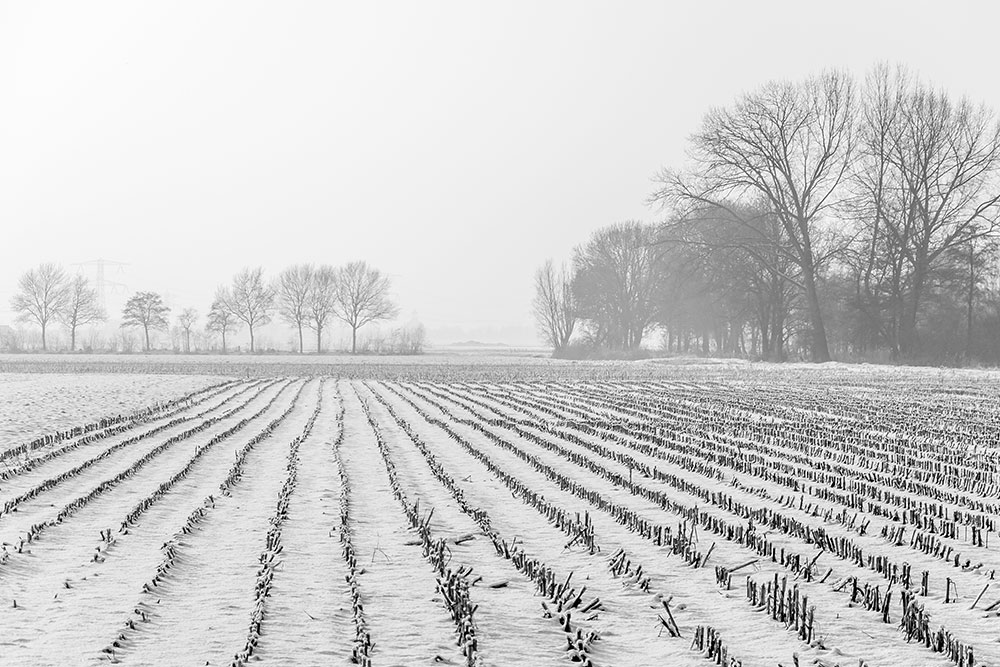Winter may give you a break from some of your farming duties, but not all. There are still plenty of chores that need to be done: feeding the livestock and keeping them warm, repairing fences, checking the condition of your farming equipment and more.
Here are a few seasonal farming tips to keep you and your livestock warm and safe during the cold winter months:
1. Bundle up
Be like an onion and dress in several layers. Wearing several layers of clothing will help keep you warm and comfortable and regulate your body’s temperature.
You may also need to wear at least two layers of gloves. One will keep your fingers warm while the outermost one will protect it from water or moisture.
Invest in quality gear. This includes an insulated jacket to keep you warm, waterproof pants, boots to keep you dry, gloves, headgear and eye protection. They may be expensive, but they will keep you warm and dry much longer.
2. Feed your livestock well
Keep your livestock warm by keeping them well fed. One strategy is to feed the animals during the evening.
According to experts, when it comes to cattle in particular, it takes several hours before the food gets digested in their bodies. By feeding them during the evenings, their bodies will produce heat once they wake up.
Another effective feeding strategy is to give your livestock more food during the colder months.
“Eating more food results in more energy. Certain types of food can give your livestock more energy. Between grains and grass hay or alfalfa, the latter options provide animals more energy.”
When it comes to water, only provide enough liquid that your animals will consume for 12 hours. Water freezes during the evenings. By providing only enough water for the daylight hours, you reduce the chances of having to clean up ice-filled bowls in the morning.
Thinking of where to put your water bowls or troughs? Choose a spot near or beside your barn where the sunlight can hit it but not the wind.
3. Start early
Finally, whether you are planning to get your winter agriculture started or checking the condition of your farming blades, it is recommended that you start doing your chores as early in the day as possible. Days are often shorter during the cold winter months.
Start working early so you can finish your tasks before it starts getting dark in the field.
Another factor to consider is the time it takes to finish the tasks. The biting cold temperatures can make you work slower. By working earlier, you give yourself time to do your Seasonal Farming chores properly.

